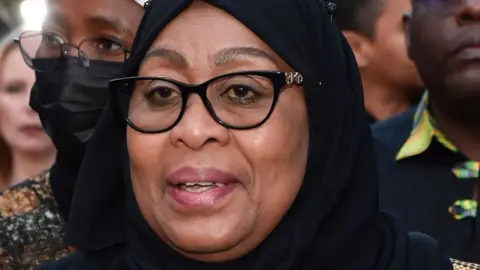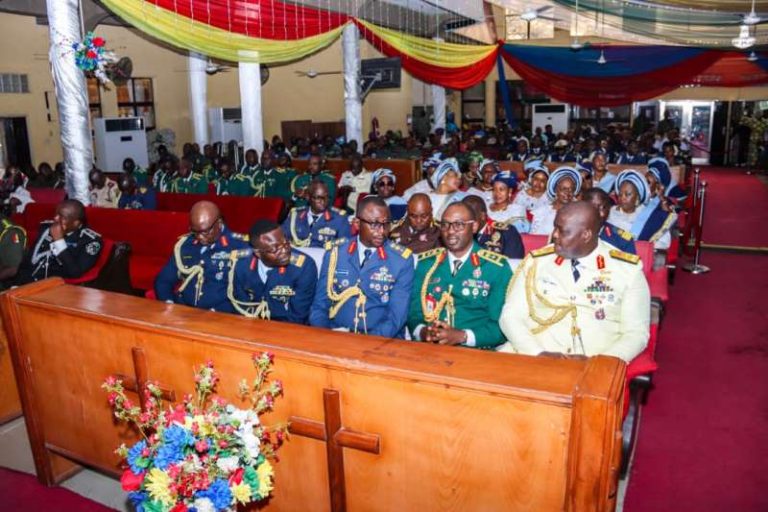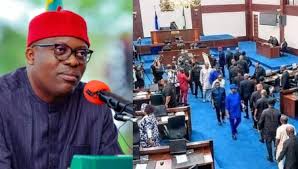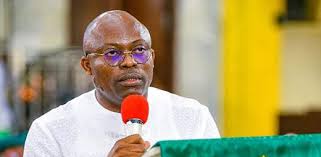
Tanzania was plunged into a nationwide communications blackout on Thursday, a day after elections descended into violent chaos, with unconfirmed reports suggesting dozens may have been killed.
President Samia Suluhu Hassan, seeking to consolidate her grip on power through largely uncontested polls, had faced little challenge after major opposition figures were jailed, disqualified, or forced into exile. But what began as a show of political strength erupted into bloodshed as unrest swept across the country.
Violence and Blackout
Eyewitnesses described widespread violence across several regions on election day. In Dar es Salaam, the economic capital, an AFP journalist reported seeing a police station set ablaze, while protesters tore down posters and portraits of the president.
Several polling stations were attacked, and sporadic gunfire continued into Thursday morning, according to local reporters.
A diplomatic source told AFP there were unconfirmed reports of more than 30 deaths, though the true toll remains unclear due to the total internet and phone blackout imposed by authorities.
International calls have also been restricted, and foreign journalists were barred from entering the country to cover the vote.
The government has issued no statement since the violence began, and state-controlled media stopped updating coverage early Wednesday.
Schools and universities were closed nationwide, and civil servants were ordered to work from home, while reports from Dar es Salaam indicated ongoing gunfire and heavy security deployments.
‘Unprecedented’ Situation
Rights groups and diplomatic observers described the events as “unprecedented” in recent Tanzanian history.
“It’s unprecedented… Where we go from here is unclear,” a Western diplomat told AFP, adding that even President Hassan’s own status was uncertain amid the turmoil.
In Zanzibar, the semi-autonomous island region, calm prevailed, though ferry services to the mainland were suspended.
At the island’s airport, tourists stranded overnight said they were unable to contact families or withdraw cash as communication networks and electronic payment systems collapsed.
“I’ve never experienced anything like this,” said a France-bound traveler who declined to give her name. “We’re just stuck here, waiting for news.”
Mounting Anger and Allegations
Much of the anger — both online and on the streets — has centered on President Hassan’s son, Abdul, accused by critics of leading an “informal task force” of police and intelligence operatives overseeing election security.
The shadowy unit, reported by Africa Intelligence, has been linked to a surge in abductions and intimidation of government critics in the days leading up to the vote — including that of a popular social media influencer known as Niffer, who was arrested after posting satirical videos about the elections.
Amnesty International described the situation as “deeply disturbing”, warning that the risk of further escalation remains high and urging Tanzanian authorities to exercise restraint and respect human rights.
From Hope to Fear
President Samia Suluhu Hassan — who took power in 2021 following the sudden death of her predecessor, John Magufuli — was once praised for loosening restrictions on the opposition and media.
But rights groups say her government has since reverted to repression, marked by arbitrary arrests, enforced disappearances, and extrajudicial killings of political opponents.
Her main rival, Tundu Lissu, is currently on trial for treason and could face the death penalty. His party, Chadema, has been banned from participating in elections.
Meanwhile, Luhaga Mpina, the only other major contender from ACT-Wazalendo, was disqualified on technical grounds, leaving Hassan virtually unopposed.
As the country remains in darkness — both literally and figuratively — analysts warn that Tanzania’s fragile democracy faces its gravest test in decades.
“The blackout hides the truth,” said one rights activist in exile. “But everyone in Tanzania knows what’s happening — they just can’t say it out loud.”



